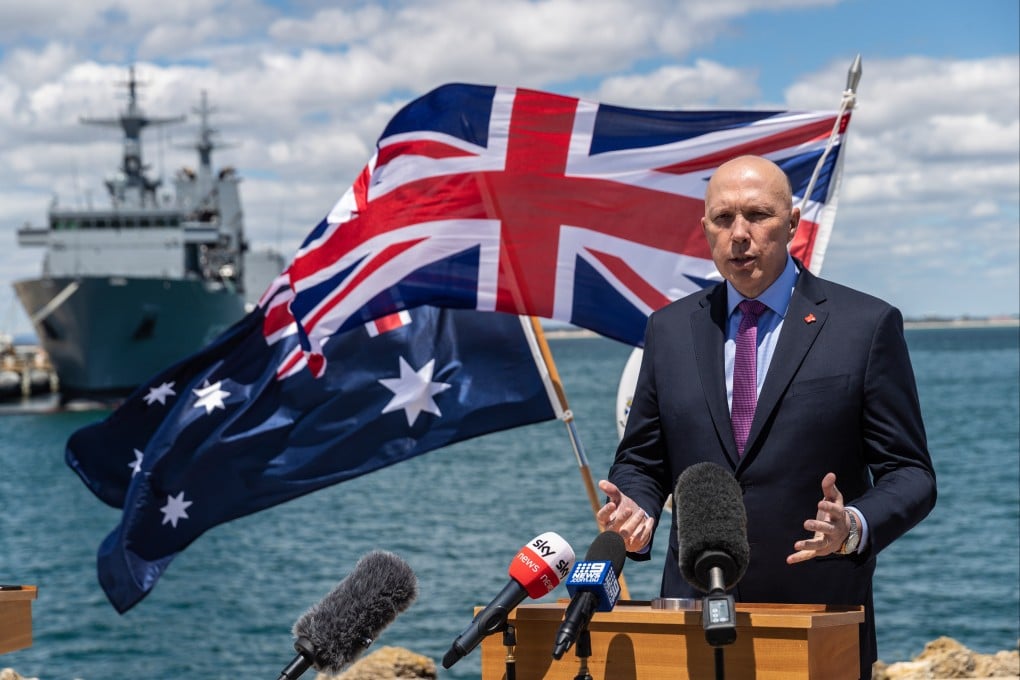Opinion | Aukus’ real threat to Asean is not nuclear-powered submarines, but dreams of Western empire
- Contrary to regional concerns, the US and UK helping Australia build nuclear-powered submarines does not pose a material threat
- What is dangerous, amid US, UK and European naval operations in the South China Sea, is the imperial longing that drives Aukus

It reflected Australia’s desire to see imperial re-engagement with the region. It supported the dreams of empire favoured by then UK prime minister Boris Johnson. It slotted comfortably into US President Joe Biden’s hegemonic narrative which interprets the global rules-based order as an instrument of American foreign policy.
There is no question that Aukus aims to upset this balance and several countries see this as a first step towards a broader nuclear capability. In its submission to the United Nations review of the nuclear non-proliferation treaty, Indonesia formally raised its concern that the sharing of nuclear technology for military purposes could lead to the “emergence of new types of weapons of mass destructions derived from the combination of nuclear materials and conventional weapons”.
Malaysia has expressed disquiet at multiple levels, with both the prime minister and foreign minister raising concerns that Aukus could “potentially spark tension among the world superpowers, and aggravate aggression between them in the region”.
